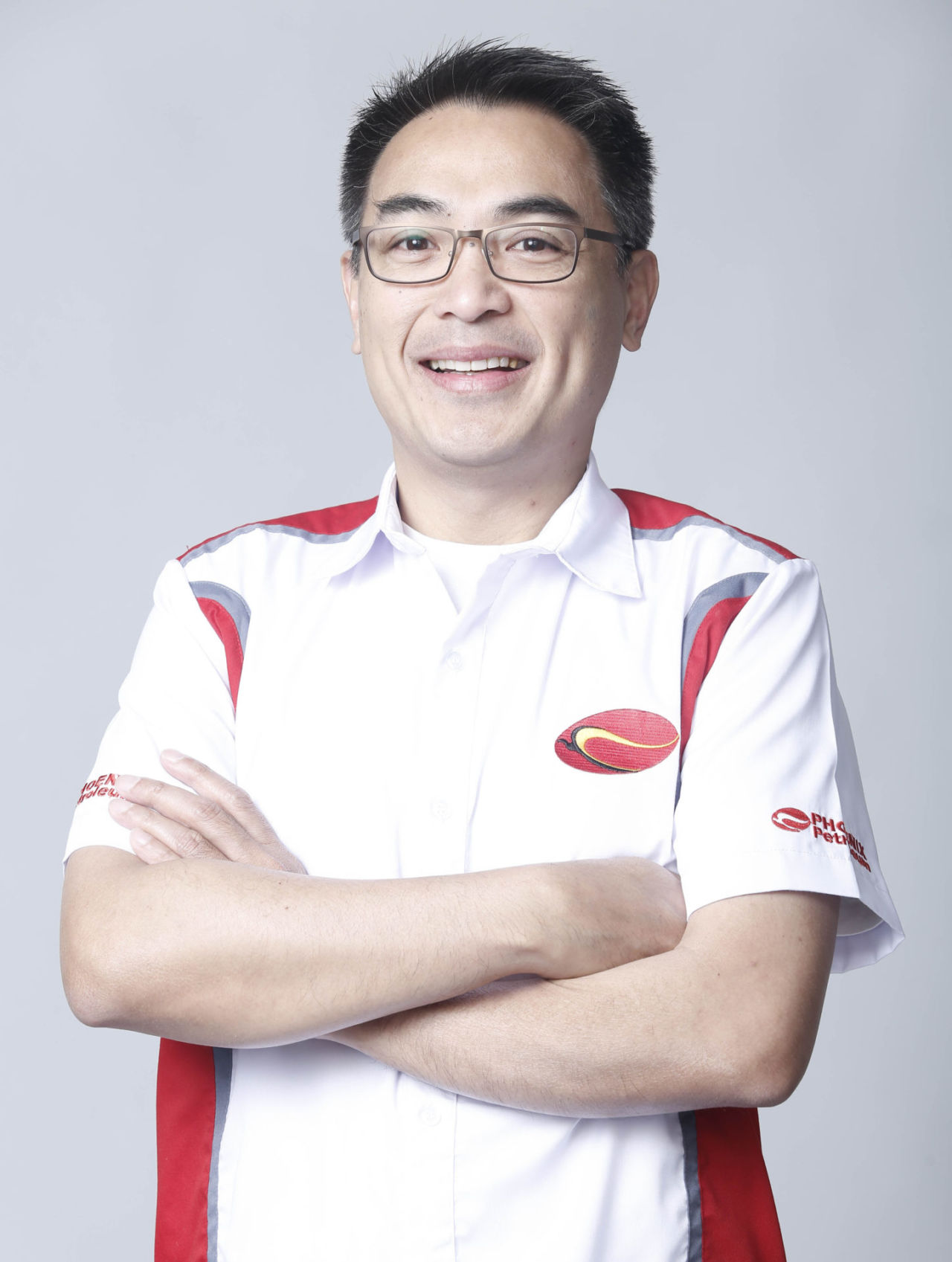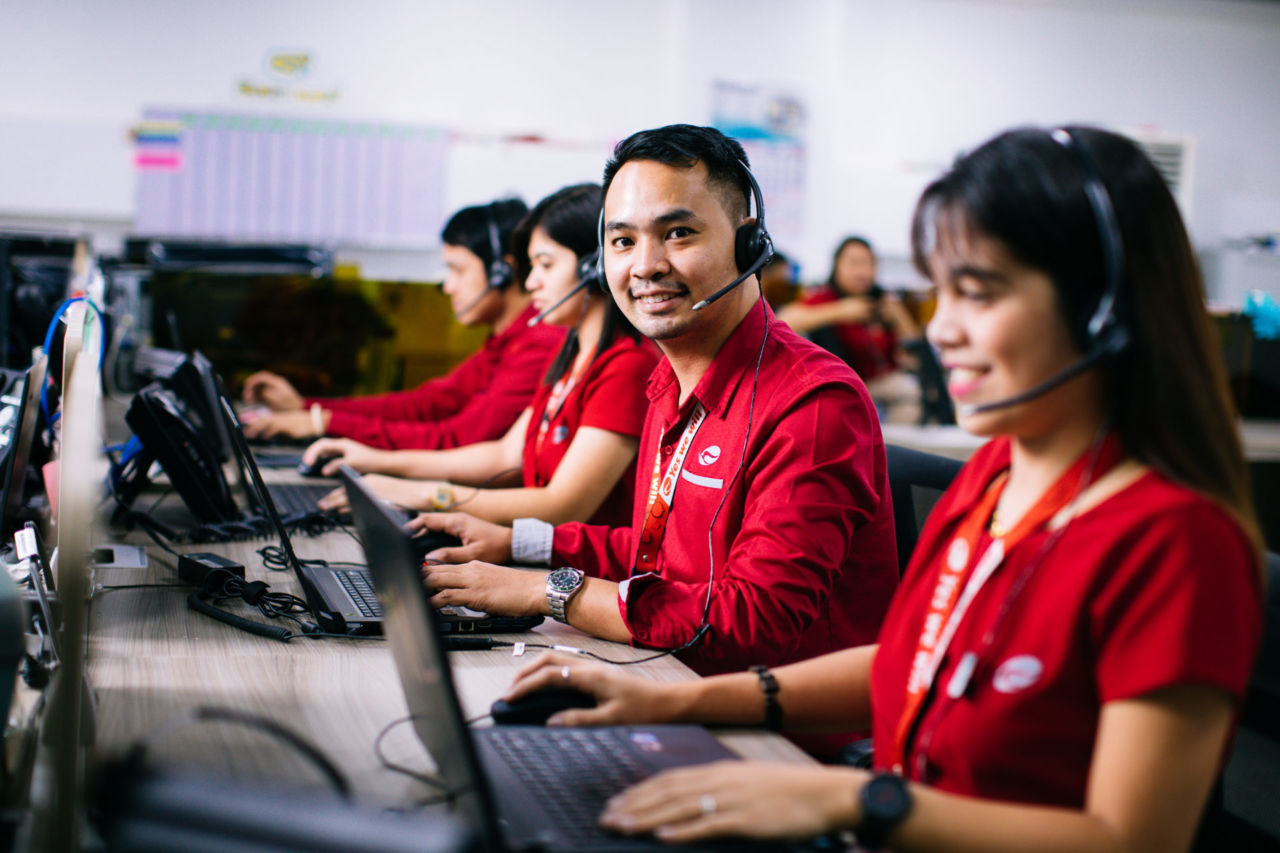Reaching out to consumers key to post-COVID recovery: Phoenix Petroleum CEO

Bong Fadullon is a man who wears many hats, by his own admission: As President of Phoenix Petroleum, the fastest-growing and leading independent oil company in the Philippines, he wears the hats of both CEO and COO, working on the delivery of strategies, goals and aspirations for the organisation. Fadullon also looks after the business’s growing presence in other Southeast Asian territories outside of the Philippines, including Vietnam and Singapore.
“Like many other industries, the petrochemical industry in the Philippines is going through a very brutal challenge with this crisis,” states Fadullon. “Demand is down, which exacerbates the strong level of competition we face. We’ve had to fight for whatever is left of the customer base, and have had to really step up in terms of our game and do better than we were doing prior to the pandemic, to make sure that we get more than our fair share of whatever is left” he says solemnly.
The COVID-19 pandemic has not been kind to the Philippines, an archipelagic state, with a population of over 10 million. With a total of 1.3 million cases, the country has the second-worst outbreak in Southeast Asia, after Indonesia. Quarantine restrictions have now been lifted slightly for Metro Manila , but at the height of the crisis an extensive lockdown saw businesses shuttered and people confined to their homes.
Just like everyone else, Fadullon says, he and other Phoenix Petroleum workers are currently tiding over the pandemic by working from home. “We’re fortunate that we managed to plan and stay ahead of the curve, and that is reflective of the employee engagement scores that we’ve been getting.
In fact, we’ve been getting better scores than we did when we were all physically together! So that’s credit to our actions and ability to stay engaged, and some of the proactive steps that the team has taken.” He states proudly.
However, challenges remain, and Fadullon shares how he has to manage employee engagement and motivation, alongside changing consumer preferences.
Part of this connection lies in using technology to bridge the gap between business and consumer. Just as businesses observe their consumer base for a better understanding of the market, so, it seems, are the consumers. According to Fadullon, consumers now seek a more intimate relationship with brands they feel they can trust, especially if they feel that the brand has been looking out for their health and wellbeing during the course of the pandemic. Preferences have shifted, he says, and consumers now willingly seek out experiences they feel they will be given with the brand.
“People look for experiences now, instead of simply following product preferences as they did before. When customers come, they’re expecting an experience that isn’t the same but more in terms of what they have been given. They want to know their health and safety are assured, and you have to be able to provide them with the assurance and confidence they want. This cannot just be lip service – they need to see it to believe it.”

The rise of click-and-mortar
One way of bridging connection with consumers comes in the way of technology, which has been a massive game-changer for organisations.
“Being able to demonstrate how this technology works during the pandemic has been so important in the way we look at things now,” Fadullon says. “If you’re able to use it to keep people safe, it gives them more confidence that they will be able to visit and patronise your brand safely. For example, we used to run promotions for our other brands on-site, and people would jockey for vouchers and offers. Now, we’ve shifted things online, and consumers decide when they feel safe and want to come down to the site. It’s entirely their preference, and this is why the blend of an on-and-offline presence has been manifesting in fuels and petroleum retailing.”
In other words, the digital space is merging with the physical one to result in more click-and-mortar business tools available to companies. As Fadullon puts it, “bricks and clicks are coming together”.
“What we are seeing is that there is a space for the bricks and mortar, and there is a space for the clicks as well,” he says. “Technology supplements it and helps broaden its reach to become more effective… You provide for a more compelling proposition to the consumer by providing ease of access to the services you bring to them.
Truly, the pandemic has brought priorities to light, and for Fadullon, this extends beyond ensuring that Phoenix Petroleum is coping well with post-COVID recovery. Despite his many duties, he is a self-proclaimed family man and extols the virtues of simply spending time with loved ones whenever possible.
“It’s been challenging because everyone is working from home, including my children who are studying online. But I am very much involved with my family, even before the pandemic, and have my connections at home with my personal chores and responsibilities. That’s how I unwind at the end of the day, with my wife and children, and we share stories about our day.”
Be it for family or for business, the pandemic has only driven home the importance of connection. As Fadullon puts it, consumers need to feel like organisations genuinely care for them – just like a family.